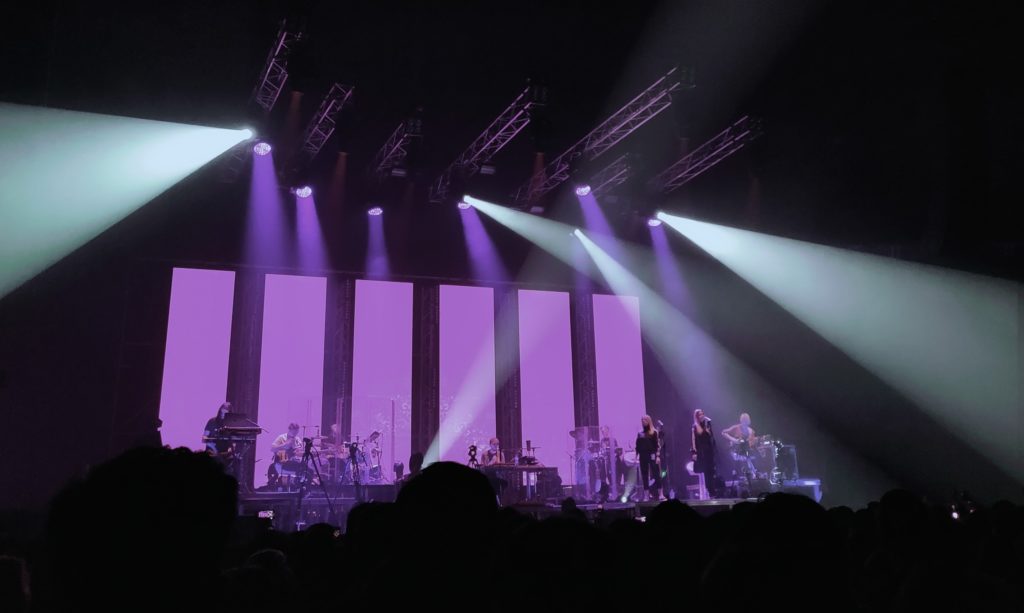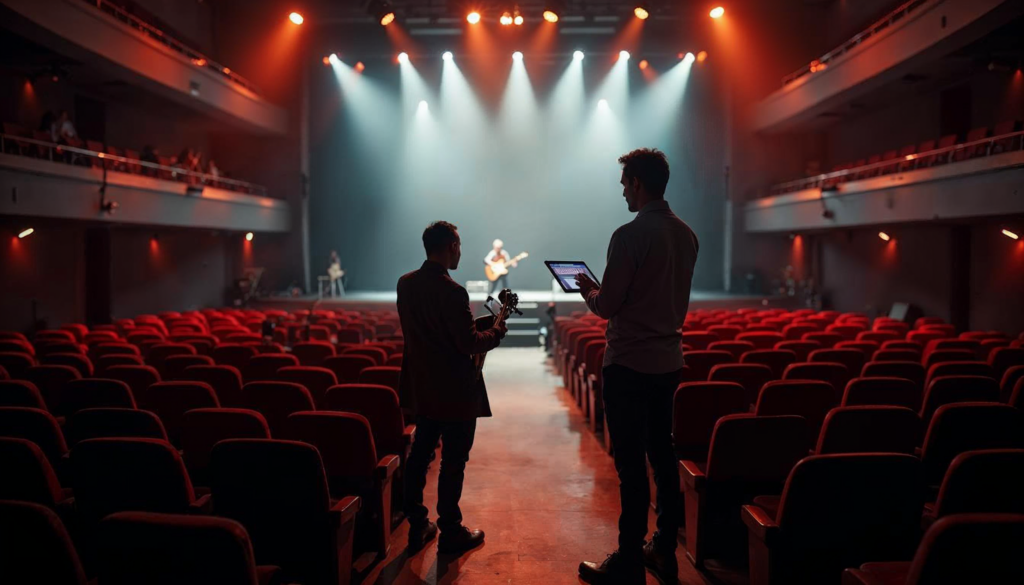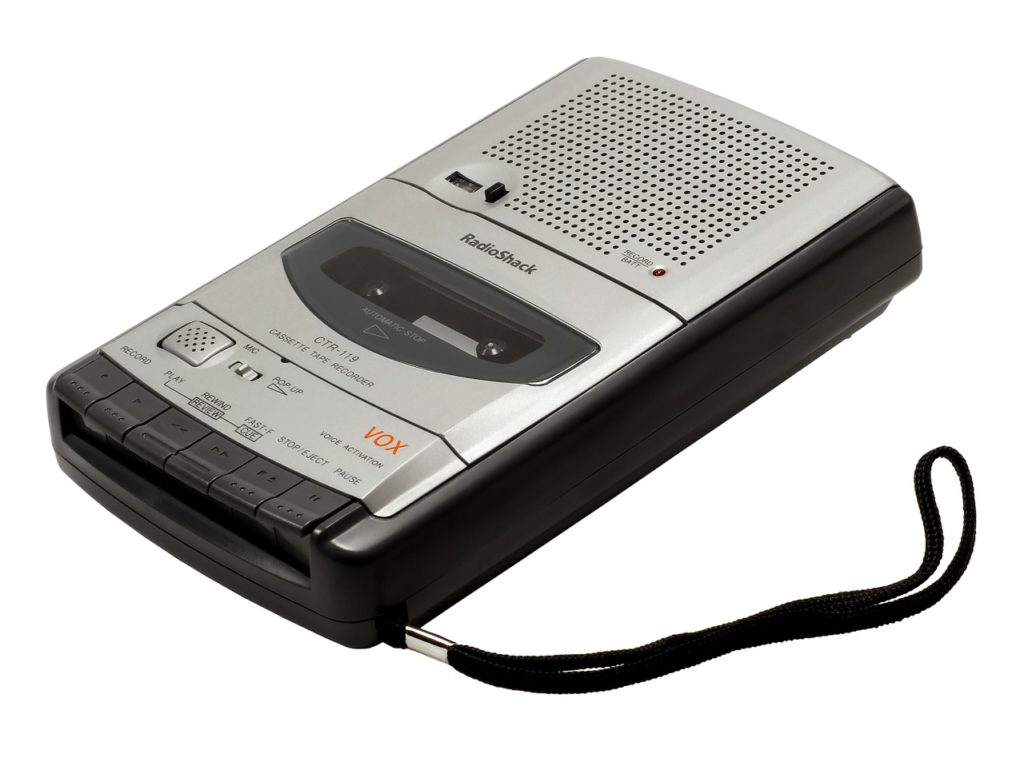
A Win-Win-Win Approach to Music Venue Booking
Music venue owners, promoters, and artists all need each other, but often it can feel like not everyone is playing for the same team. Everyone is interested in maximizing their own profit and building the value of their brand. Fortunately, the best way to do this is to work together to put on the right show, for the right audience, in the right place. It is also in everyone’s best interest to make sure the whole music venue booking process is painless and efficient. This post is about how to achieve those ends.
Is there a good fit?
Before a hold is ever requested or approved, both the artist and venue owner need to think about whether the act is perfect for the place, which will dictate whether profitability is even possible. A few things to think about early in the venue booking process are:
Capacity – The artist and promoter need to come up with a reasonable idea of how many attendees the show will draw. It is important to be honest; venue owners should look for some evidence of past performance to validate the number. It is far better for everyone to sell out a smaller space than to have a large one that is almost empty. Fans may be disappointed if they can’t get a ticket, but the experience will be worse if there aren’t enough fans to create a good show.
Vibe – Not every band is a good fit for every venue. No one wants to see heavy metal at a coffee shop, nor will people flock to a singer/songwriter at a club that usually has rap battles. The venue owner and band should take the regular audience of the place into account even if they believe the show will be a draw.
Age – With more and more bands gaining popularity on YouTube, over 21 venues aren’t right for every act. Venue owners with age restrictions should consider the band’s capacity in light of the age of fans and determine if the event will still be able to draw.
Is There a Compatible Date?
If everyone agrees that the venue and band are a great fit and that there is a space with the right capacity for the show, it’s time to deal with dates. One of the biggest frustrations bands and promoters share is that venues fail to respond quickly to hold requests. The funny thing is, getting hold request dealt with quickly is also a point of pain for venues, as shows can fall through the cracks if the response is not quick enough. Promoters suffer from both sides.
The win-win-win here is music venue booking software that automates holds and date confirmations. Instead of languishing in email, request come into the system automatically. Promoters know right away if a date is already booked, or if other holds are in place. Artists don’t waste time waiting to hear back about a date that was never going to happen, and venue owners don’t miss out on a booking opportunity.
How Should the Offer be Structured?
If event attendance was entirely predictable, it would be easy to structure an offer that is fair and reasonable for all involved. However, no one knows exactly how much money will be made on any given show at the time the deal is put together, so it is entirely possible for one party to end up the winner and the other to lose out. That can be avoided if everyone considers the data that they do have. A few questions that might help are:
Is the act local? If so, they may have a loyal following that can be counted on to show up. In that case, a split deal, or even a guarantee might make sense.
What has attendance been for prior shows for the artist? Even if the artist isn’t local, prior performance in other places can be predictive of how well this show draw. If there is no history or past attendance has been low, a donation deal, or perhaps even a pay-to-play structure is warranted.
How have prior acts in the same time/day slot fared? The time and day can be just as important to predicting attendance as the act itself. If there’s a spot on the calendar that always kills it, the venue might be more willing to concede a bit to the band, knowing that everyone will make money.
How will the event be promoted? The amount of effort that the venue, promoter, and band will put into making publicity and buzz should be considered when it comes to the offer as well.
There will undoubtedly be some guessing and compromises if it is the act’s first gig at a venue, but once the first event is under everyone’s belt, there will be more information and potential changes to the deal. If a band proves they can draw, and the promoter comes through, the venue owner might be more open to a guarantee or a split. Music venue software can be helpful in determining what the right deal structure should be. It can account for historic performance and allow for some deal modeling to come up with the most likely win-win-win.
How can settlement headaches be avoided?
Depending on the offer, settlement can be simple, or it can be a major pain. If it is a pay-to-play or a guarantee situation, there’s usually no issue. However, if there is a ticket split or any consideration given to promotional expenses, settlement can get sticky. Again, music venue software can come to the rescue. The best solutions integrate with ticket sales platforms and let you see ticket data in real-time, so everyone knows what’s been sold and how many tickets are still available. The software also lets everyone track expenses in real-time so that nothing is missed and there isn’t a big scramble at the end.
From booking the date to settling up, the key to taking the friction out of music venue booking is transparency. The more information available to artists, promoters, and venue owners, the better chance of everyone coming out ahead.

Matt Ford is the founder and CEO of Prism.fm, an Austin-based software company revolutionizing live music event management. With a background in entrepreneurship and a degree from the University of Wisconsin-Madison School of Business, Ford combined his self-taught coding skills with firsthand experience as a concert promoter to address the inefficiencies he observed in the industry. In 2018, he launched Prism.fm, an all-in-one platform designed to streamline operations for venues, promoters, and agencies by replacing cumbersome spreadsheets with integrated tools for booking, financial tracking, and contract management. Under his leadership, Prism.fm has grown significantly, achieving $3 million in annual recurring revenue post-COVID and securing over $15 million in funding . Ford’s commitment to building user-centric solutions has positioned Prism.fm as a trusted partner for over 1,500 venues and promoters worldwide.



